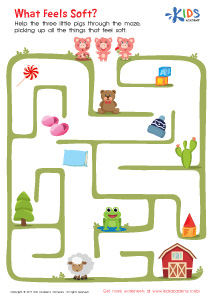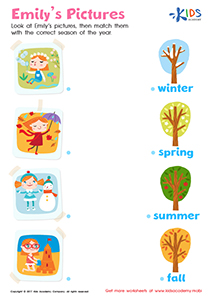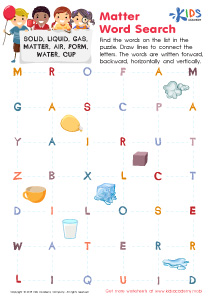Extra Challenge Plants and Animals Worksheets for Ages 5-7
10 filtered results
-
From - To
Introducing our "Extra Challenge Plants and Animals Worksheets for Ages 5-7," designed to engage young, curious minds. These worksheets provide exciting activities that help children deepen their understanding of the natural world, featuring fun tasks on plant and animal identification, life cycles, and habitats. Perfectly tailored for this age group, the worksheets enhance observation skills, critical thinking, and foster a love for science. Whether used as supplementary material in the classroom or for hands-on learning at home, these worksheets are crafted to challenge and inspire budding young scientists. Get ready to explore the wonders of nature one worksheet at a time!
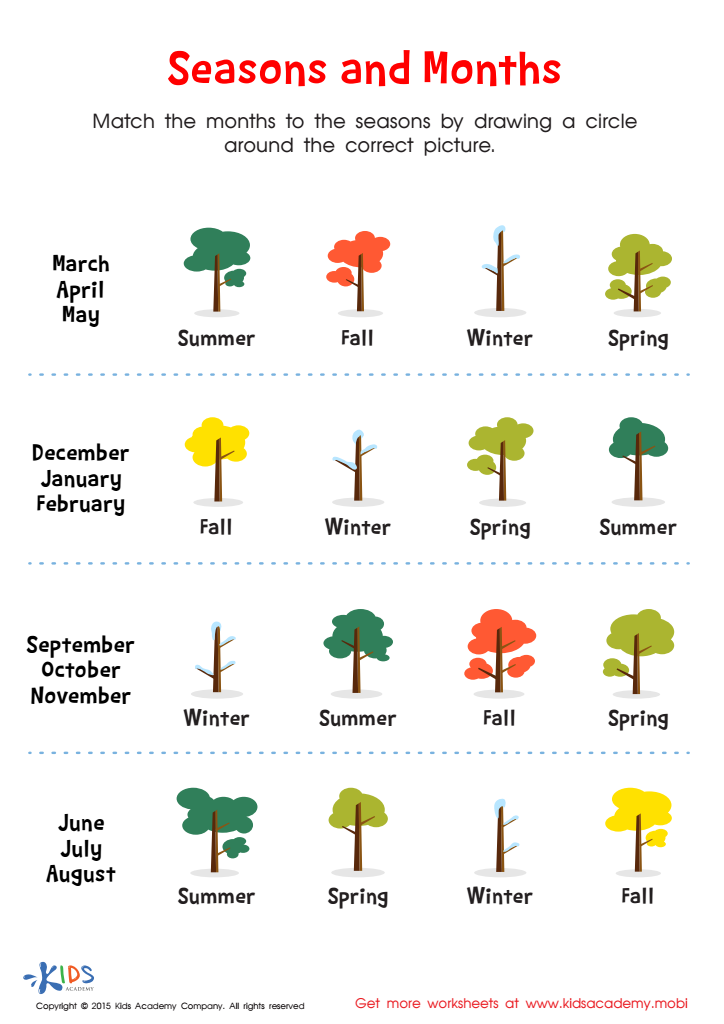

Seasons and Months Worksheet
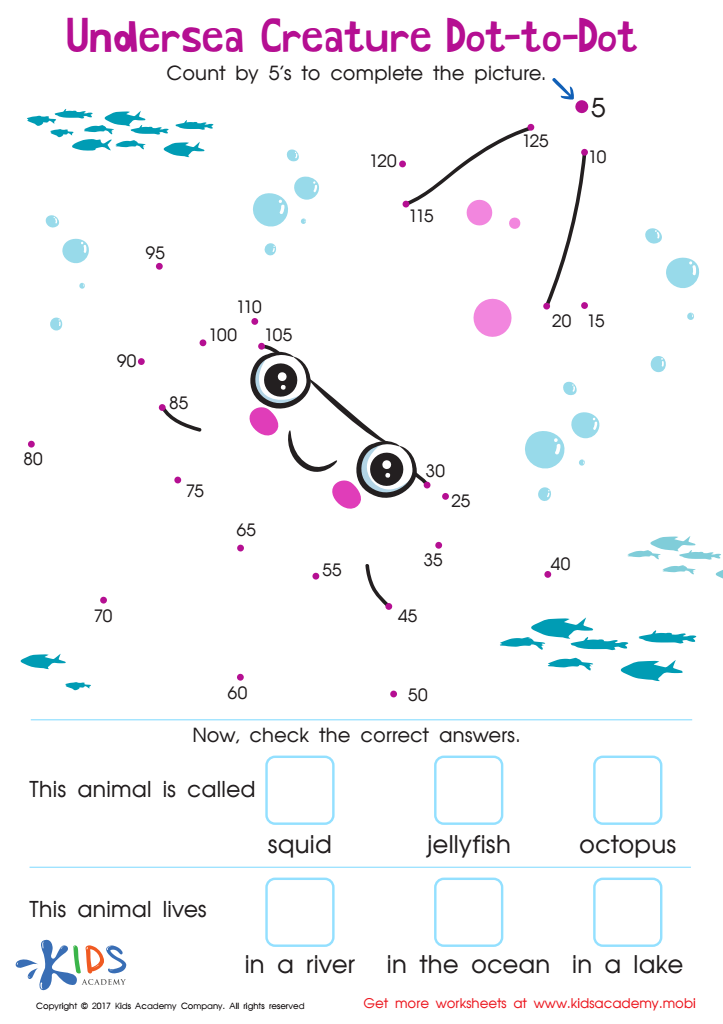

Undersea: Dot To Dot Worksheet
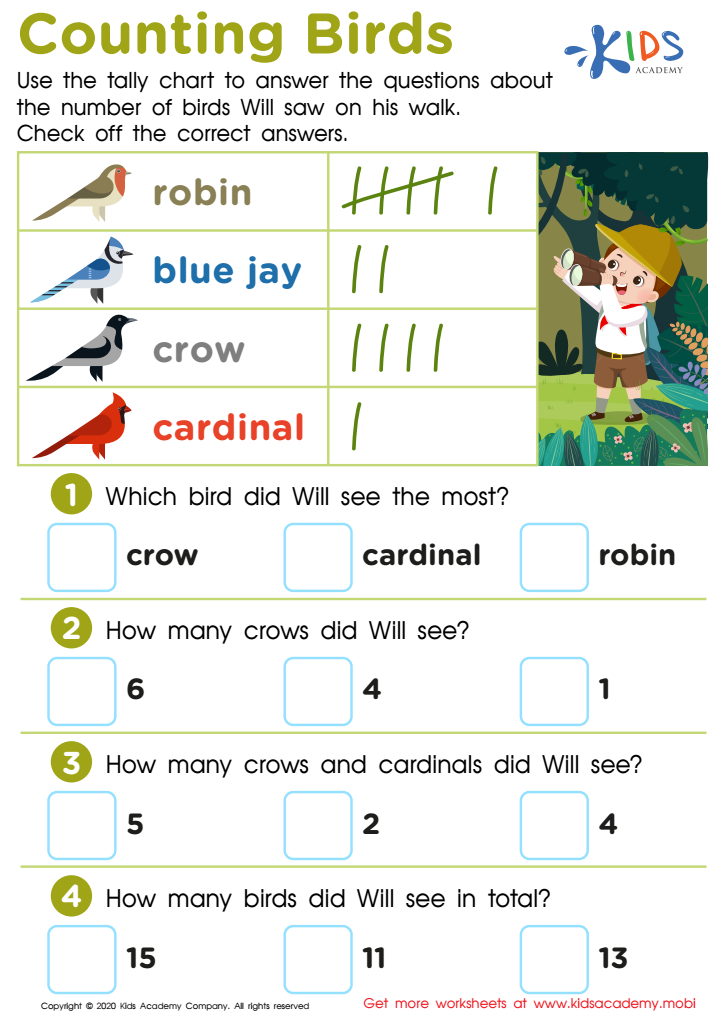

Counting Birds Worksheet
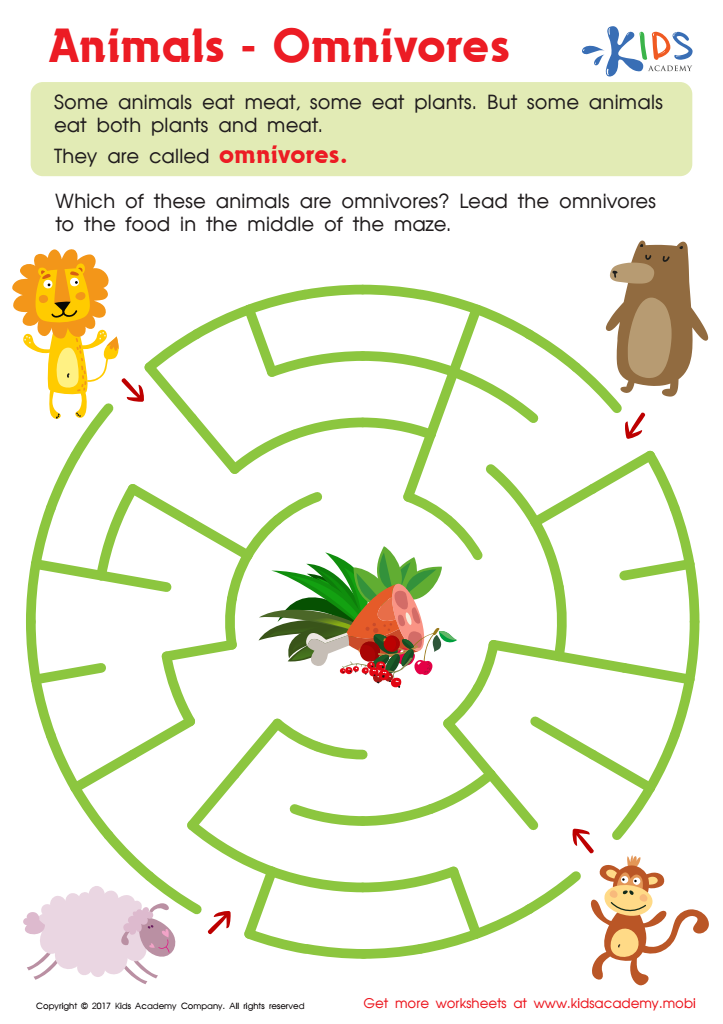

Omnivores Animals Worksheet
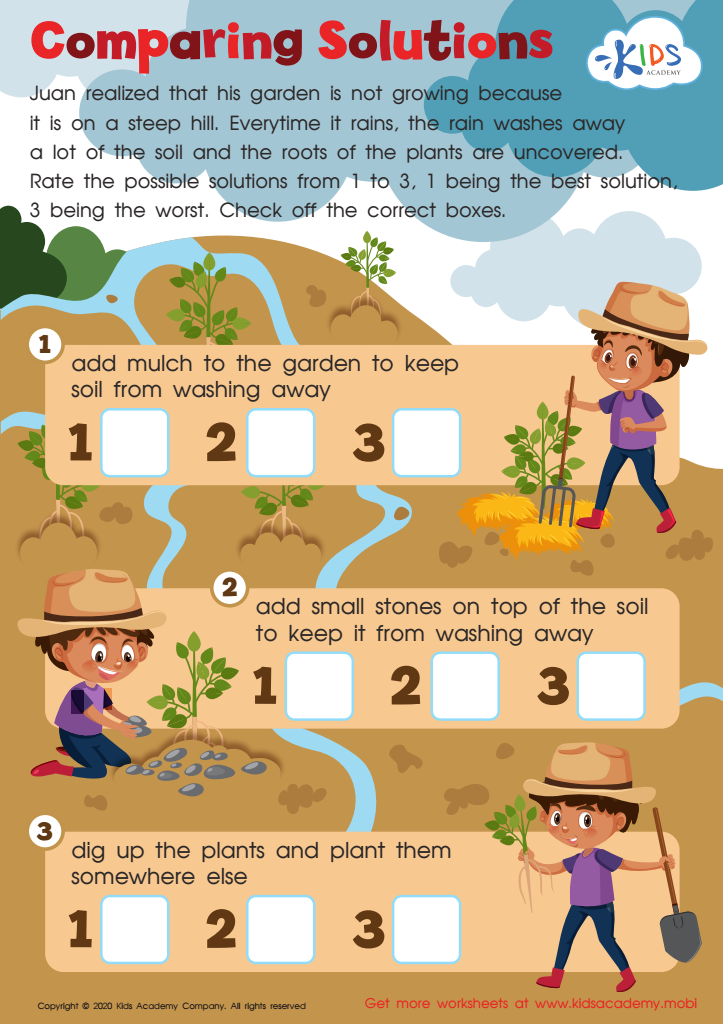

Comparing Solutions Worksheet
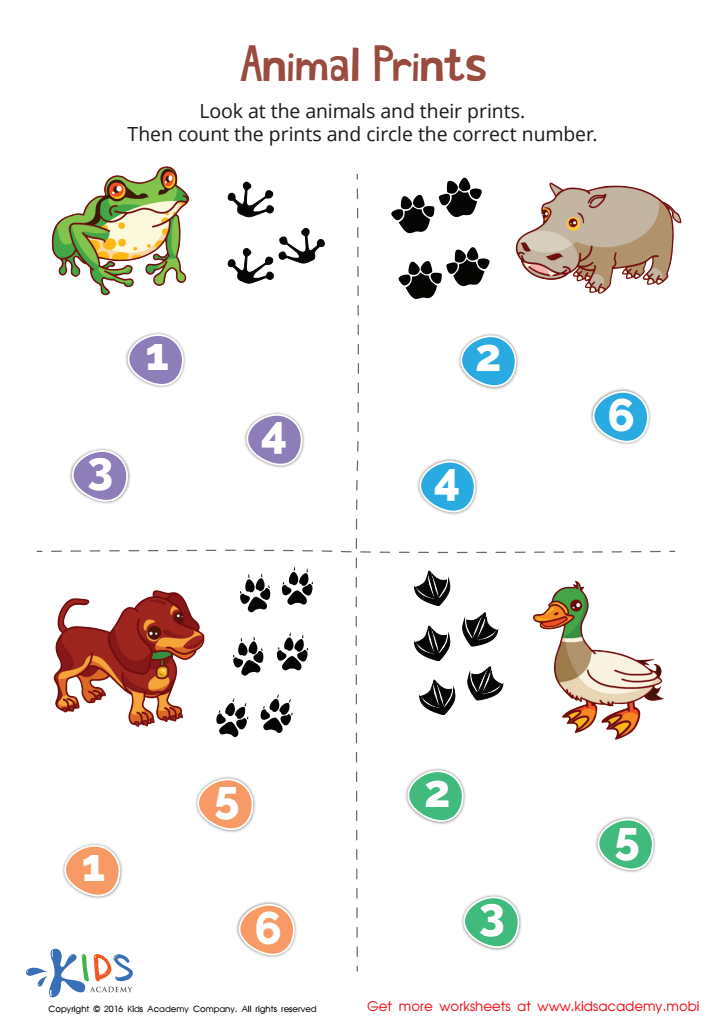

Animal Prints Match-Up Worksheet
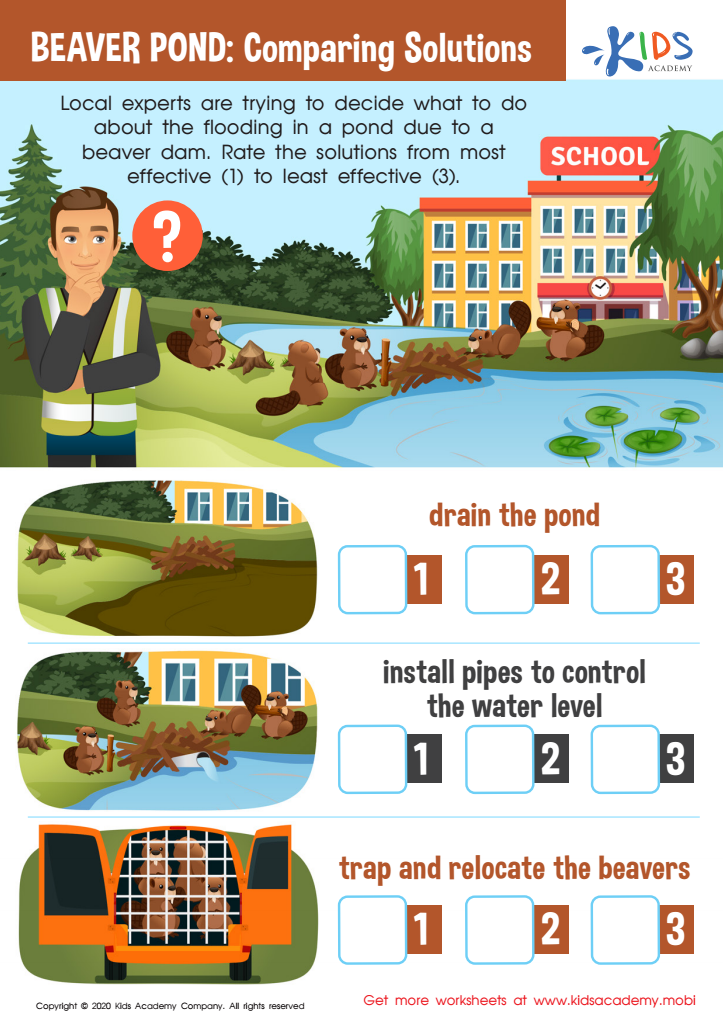

Beaver Pond: Comparing Solutions Worksheet
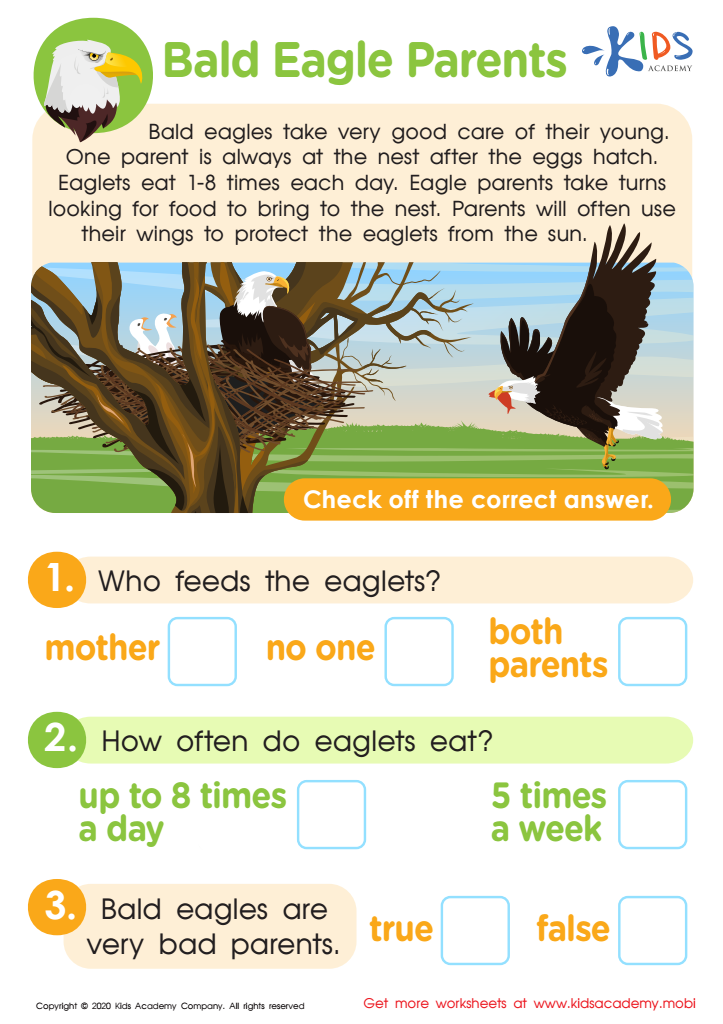

Bald Eagle Parents Worksheet
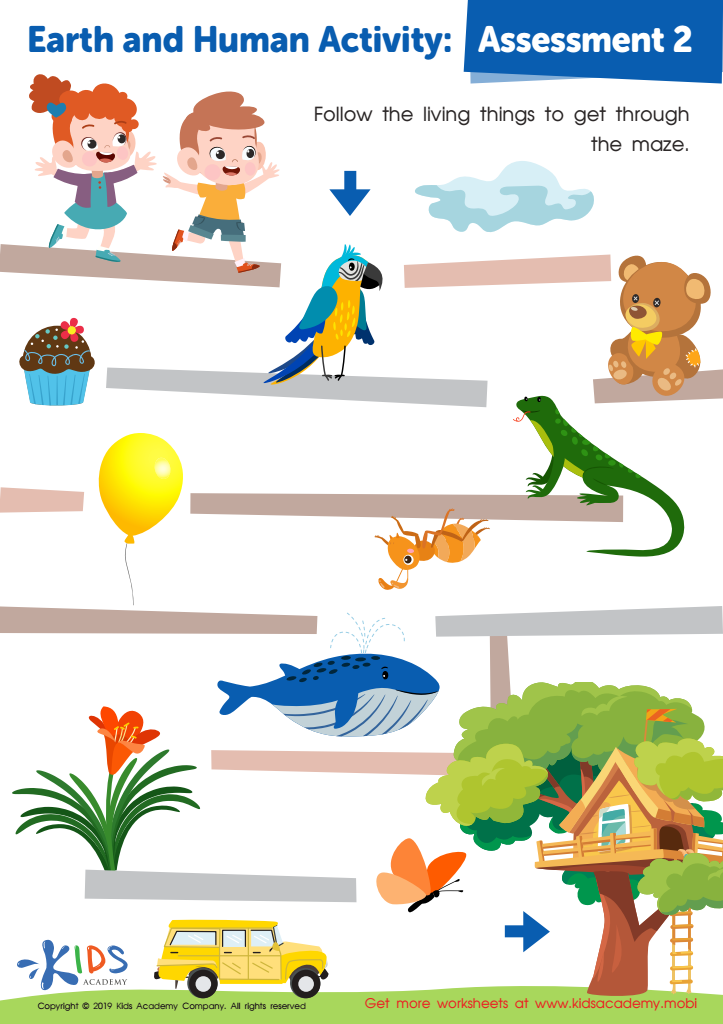

Earth and Human Activity: Assessment 2 Worksheet
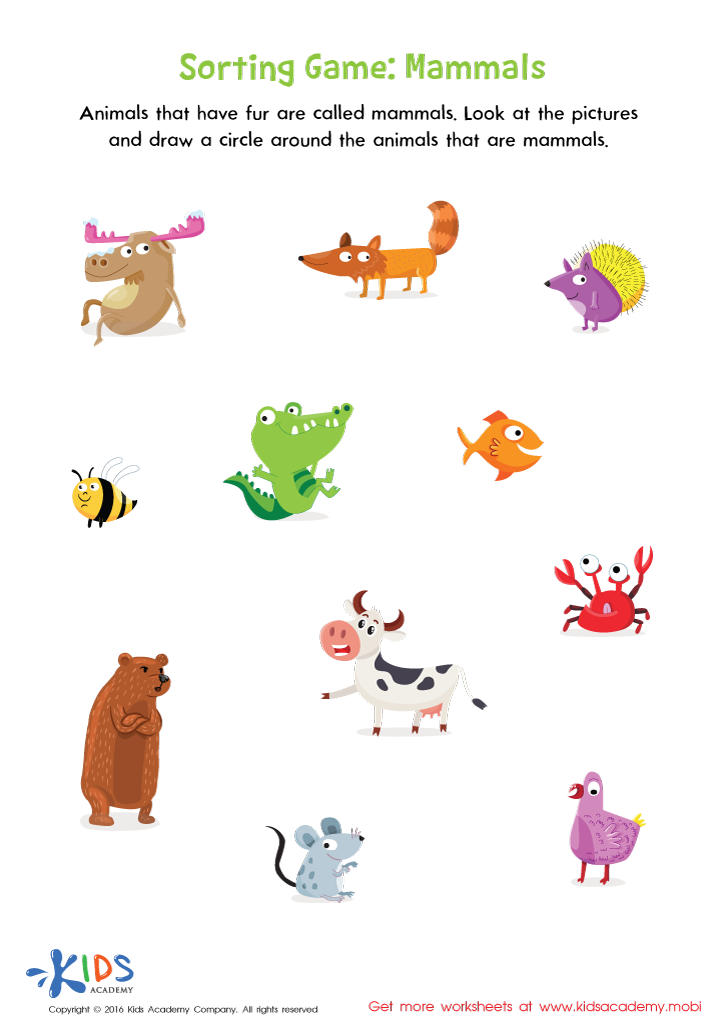

Mammals Sorting Worksheet
Extra Challenge Plants and Animals activities are crucial for children aged 5-7 as they play a key role in nurturing curiosity and cognitive development during these formative years. At this stage, young minds are highly impressionable and eager to explore the world around them. Engaging with plants and animals offers hands-on learning experiences that foster a child's innate sense of wonder about nature, encouraging exploration and observational skills.
Firstly, these activities lay the foundation for a deeper appreciation for the environment. Understanding the basics of plants and animals helps children develop empathy for living things, which can lead to more responsible environmental behaviors in the future. Concepts like plant life cycles or animal habitats introduce vital science knowledge in an exciting and engaging way.
Moreover, tackling more challenging aspects of these topics can boost problem-solving and critical-thinking skills. Questions like "Why do some plants grow better in sunlight?" or "How do different animals adapt to their environments?" stimulate curiosity and logical reasoning. These activities can also enhance fine motor skills through activities like planting seeds or caring for pets.
Ultimately, nurturing an early interest in plants and animals paves the way for a lifelong passion for learning, promoting compassion towards all living things and potentially inspiring future scientists, conservationists, or environmentally-conscious citizens.
 Assign to My Students
Assign to My Students










